Protecting Your Rabbit Against RHD2
Rabbit Haemorrhagic Disease variant two (RHD2 or VHD2) is a relatively new and fatal disease affecting rabbits across the UK. Learn more about this highly contagious virus and how to prevent it.
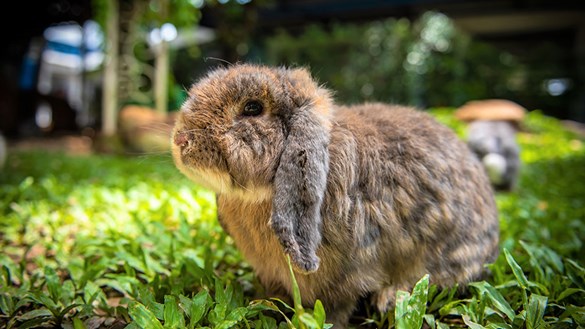
Protecting your rabbit against RHD2
RHD2 acts by causing internal bleeding, but works so rapidly that there are usually few outward signs of distress in rabbits. Often the disease is only positively identified after the rabbit has succumbed to it.
While the virus has been in Europe for a few years, numerous cases have been reported in the UK – affecting both domestic and wild rabbits – more recently. This puts the estimated 1.3 million pet rabbits in Britain at risk.
It’s important to know that the current vaccination against the first strain of RHD doesn’t protect against this aggressive new strain; a separate vaccination is essential to keep your rabbit safe.
Fortunately, rabbits can be vaccinated against RHD2 after 30 days of age (with a separate booster vaccination every 12 months).
Until your rabbits are vaccinated, it’s important to keep them as safe as possible. You can do this by thoroughly cleaning anything that may have come into contact with an unknown rabbit.
How is RHD2 spread?
RHD2 is incredibly stable and can easily spread without direct contact. The virus can be easily transmitted between areas by humans, clothing, wild birds, small mammals and even on surfaces.
Originally, rabbits that were considered most at risk were those who frequently mixed with other rabbits – for example, in bunny boarding, near wild populations and at shows. However, due to its increase, RHD2 now poses a significant risk to all rabbits.
The disease is so virulent that it can be transferred by:
- Bringing the disease home on hands or clothes
- Blown on the wind
- Birds or insects can transport the disease on their feet
Unfortunately, if one rabbit contracts RHD2, it’ll almost certainly spread to their hutch companions if they’re not vaccinated.
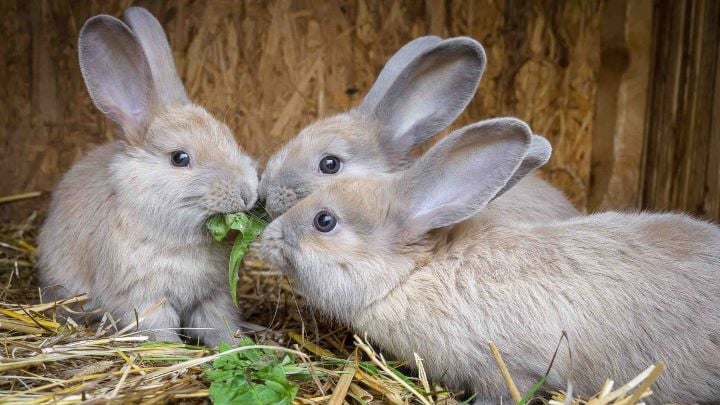
Symptoms of RHD2
Unfortunately, RHD2 presents even fewer symptoms than its predecessor and in many cases, a sudden fatality is the only sign.
On very rare occasions where there are symptoms, you may notice
- Fever
- Lethargy
- Loss of appetite
- Muscle spasms
- Bleeding
Treating RHD2
Unfortunately, there’s currently no cure for RHD2. In some rare cases, supportive care including pain relief and fluid therapy may be offered.
However, the outlook is incredibly poor for the vast majority of cases. That means disease prevention in the form of vaccination is incredibly important.
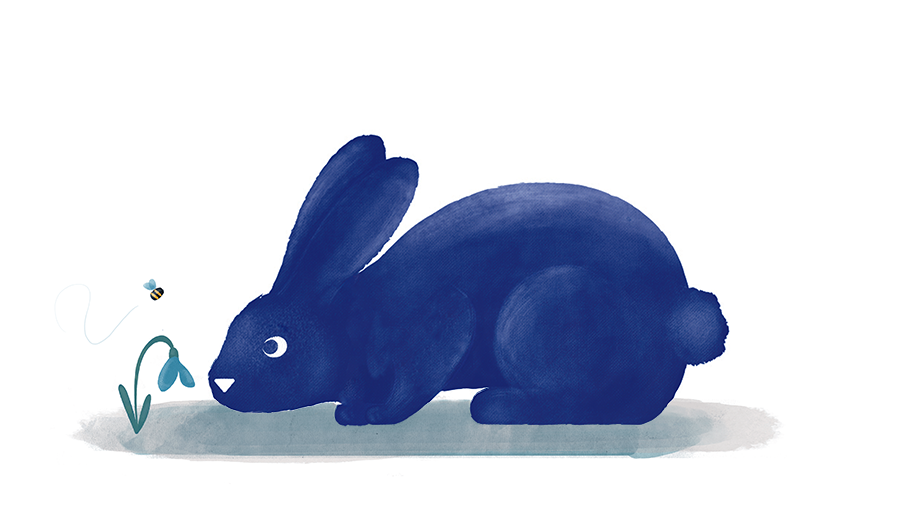
How to prevent RHD2
The only way to protect against RHD2, and the initial strain of RHD, is by vaccinating your rabbit every year.
A separate vaccine is needed to prevent RHD2, called Filavac - VHD2, so make sure to discuss this with your vet at your annual vaccination appointment. Medivet’s standard vaccination protocol includes this important vaccine for rabbits.
The vaccine for RHD2 needs to be given at least two weeks after the vaccine for the first strain of RHD, and booster vaccines are required annually to maintain protection.
Book your rabbit’s next vaccination appointment with Medivet to protect your rabbit from RHD2.
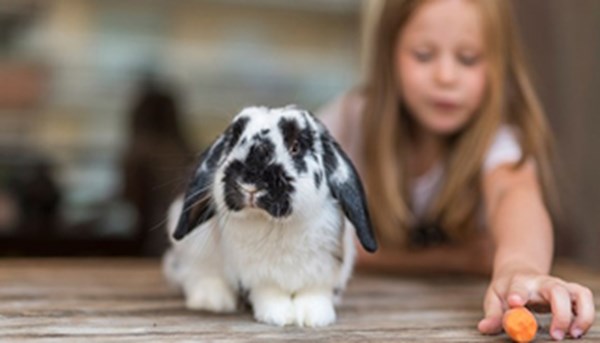
Healthcare Plans For Rabbits
With the Medivet Healthcare Plan, you can save an average of £147 each year and that’s without discounts that the plan offers on top.
Learn more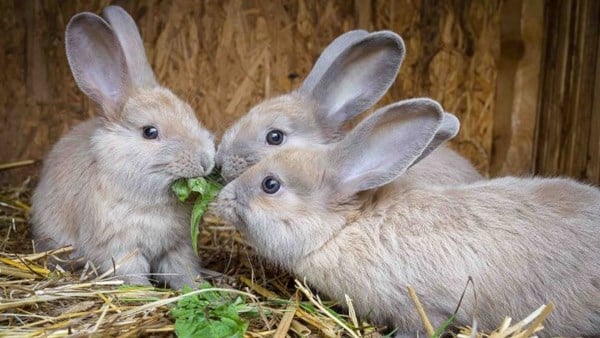
Rabbit Care Guide
Keep your rabbit healthy and happy with our essential guide. While there’s no perfect way to care for all rabbits because each rabbit and situation is different, we’ve put together a comprehensive guide to provide you with the basics of caring for your pet.
Learn more

